CSAIL 20/60 Agenda
CSAIL 20/60 Agenda
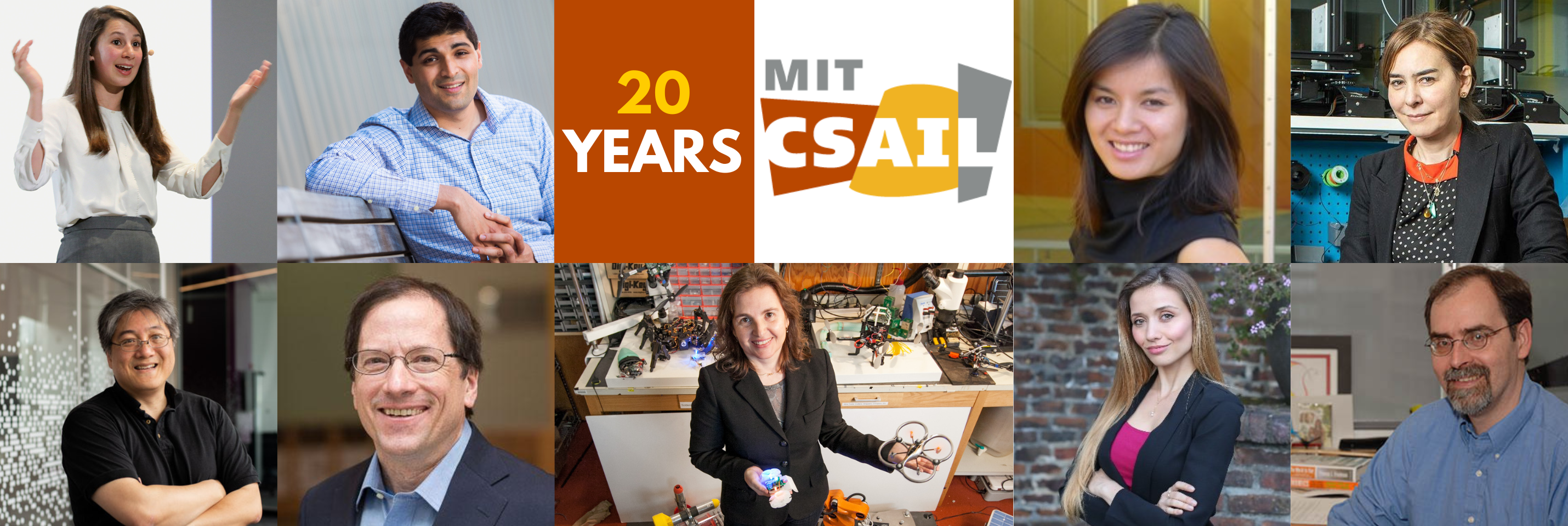
On June 26, join us for a Computing the Future symposium featuring talks by CSAIL members and alumni.
Monday, June 26, 2023
Location: MIT Stata Center, 32-123 Kirsch Auditorium
Morning Session | 9:00AM - 10:45AM ET
|
9:00AM - 9:20AM Welcome Remarks Daniela Rus: Director - MIT CSAIL, Professor - MIT CSAIL & EECS Diane Greene: Chair - The MIT Corporation Mark Gorenberg: Chair-elect - The MIT Corporation |
Video | |
|
9:20AM - 9:35AM Keynote: Tomás Lozano-Pérez Professor - MIT CSAIL & EECS Title: Reflections on 50 Years of AI Research |
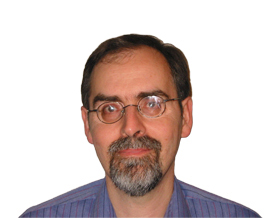 Video |
|
|
9:35AM - 9:50AM Founder and CEO - Akita Software Title: Going Off the Deep End to Build for 99% Developers Abstract: One of the main lessons I learned at CSAIL was to not to shy away from the "weird" problem: the problem that the data points to, but that the community is not pointed towards. As a student, I loved hearing about how this thinking led to off-the-deep-end, creative research. As a programming languages researcher, conversations with the developers I claimed to be building for led me to my own "weird" problem: the fact that most software teams in industry struggle with understanding the emergent behaviors of their production systems, more than they struggle with many of the problems my colleagues and I were working on. I'll talk about how this discovery led me to leave my tenure-track professor job and solo-found a developer tools company to make it more accessible to understand production systems. |
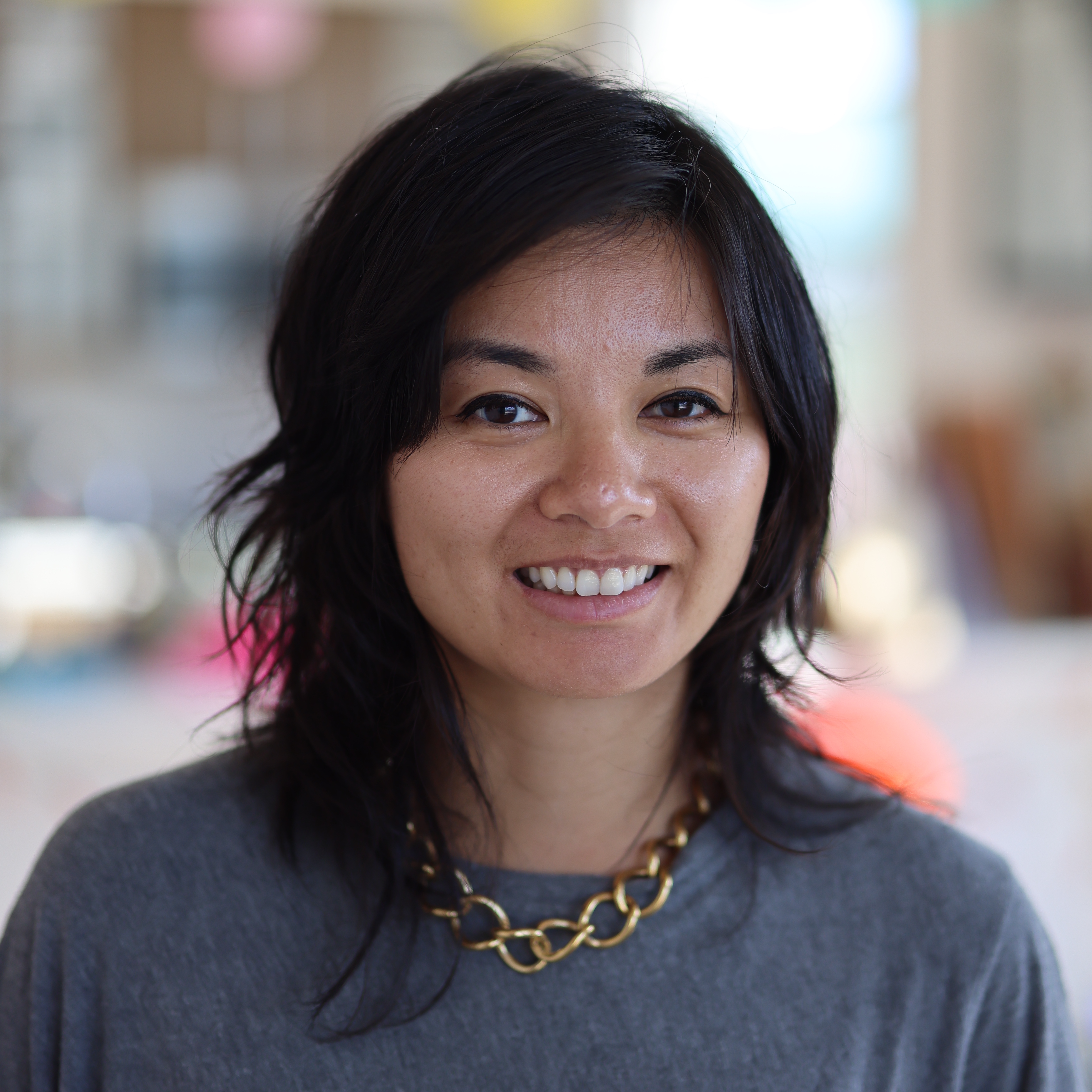 Video |
|
|
9:50AM - 10:05AM Professor - MIT CSAIL & Mathematics Title: Reinforcement Learning without Intractable Oracles? Abstract: In 1984, Leslie Valiant introduced what he called a theory of the learnable. It is built on two foundations: (1) Statistical: When is it possible to learn interesting functions from few labeled examples? (2) Algorithmic: And are there efficient algorithms for doing so? In this talk I will discuss why we ought to revisit these perspectives, and rethink the theoretical foundations of reinforcement learning. Much of the modern theory aims at finding models where we can prove good bounds on the sample complexity, but is built on top of computationally intractable oracles. What happens when we want end-to-end algorithmic guarantees, and what does it tell us about what are the right models to study in the first place? |
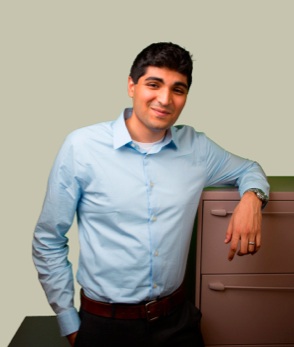 Video |
|
|
10:05AM - 10:20AM Professor and Director of the Paul G. Allen School of Computer Science and Engineering - University of Washington Title: Let's Try It! Abstract: As for many students, doing a PhD at MIT LCS/CSAIL was an extraordinary opportunity that completely changed the course of my career and my life, in addition to being some of my favorite times when I experienced a sense of energy and belonging like never before. At MIT, there has always been a feeling that anything is possible and no problem is too hard to solve. This attitude of "Let's try it!" has continued to push me to both embark on exciting research problems in database systems and also take on increasingly difficult leadership positions. |
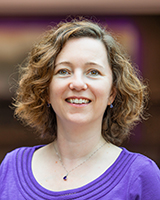 Video |
|
|
10:20AM - 10:35AM Associate Professor - UC Berkeley Title: Building Systems that Compute on Encrypted Data: How It Started |
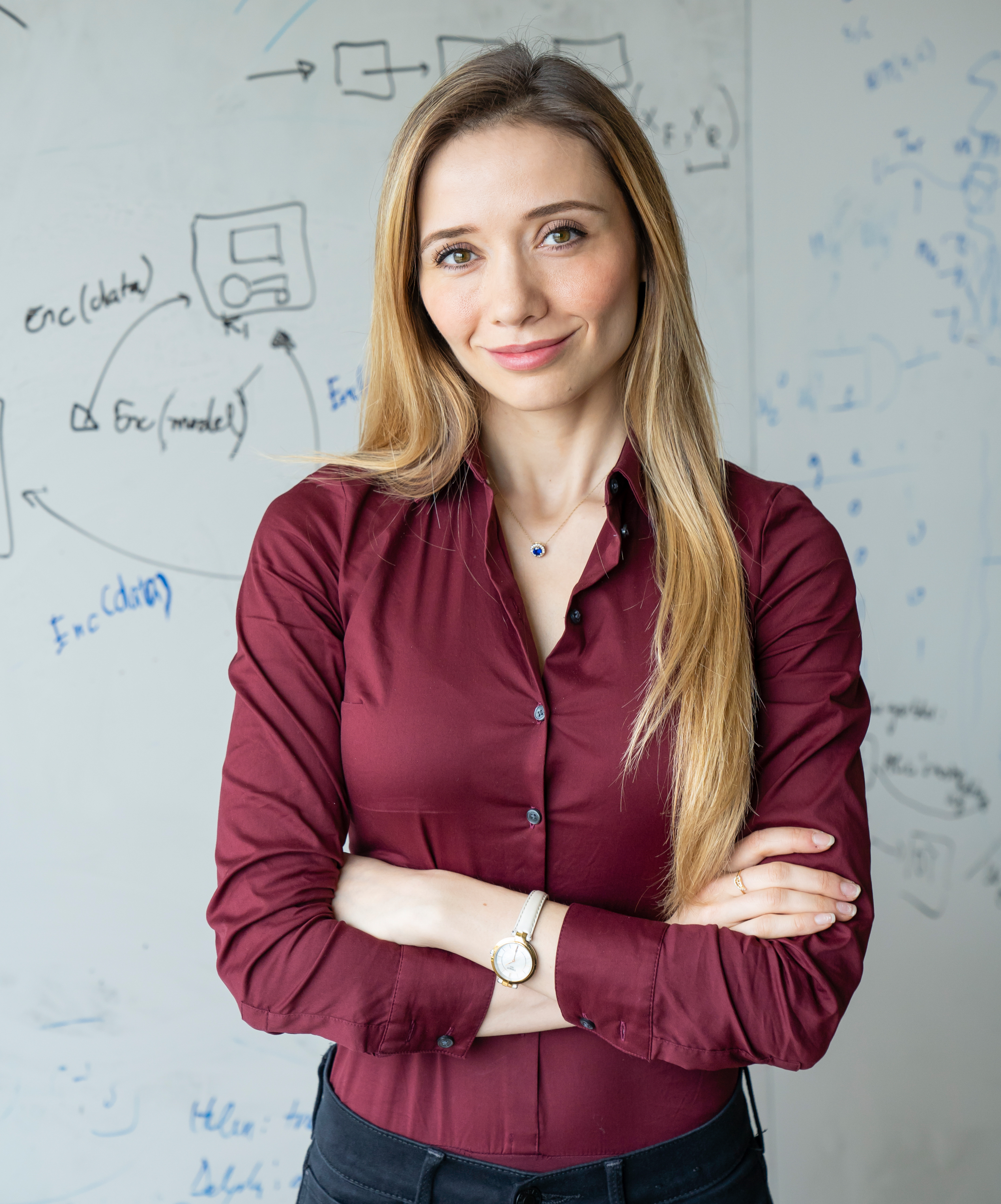 Video |
|
|
10:35AM - 10:55AM Q & A Panel |
Pre-Lunch Session | 11:20AM - 12:40PM ET
|
11:25AM - 11:40AM Assistant Professor - Northeastern Khoury College Title: Big Questions and Terrifying Tea: A Late-Career Return to CSAIL |
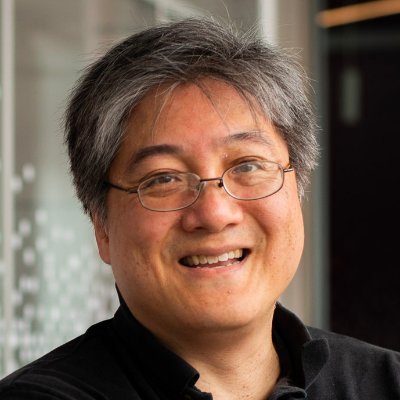 Video Video |
|
|
11:40AM - 11:55AM Associate Professor - Stanford University Title: AI to Amplify Human Learning Abstract: Since the birth of artificial intelligence, people have aspired to create software to support student learning. Education has long been recognized as a powerful catalyst for personal and societal growth, yet providing high-quality education to all remains a formidable task. One crucial challenge is how to accelerate the process of scientific discovery, in order to unravel the most effective way to support a learner, in a particular context, to achieve their desired outcomes. Towards this critical problem, our lab and collaborators have made many contributions to reinforcement learning, from foundational theoretical advances to promising results in personalized math education software. I’ll also share our ongoing efforts to harness the power of AI to augment human capabilities, to better help human helpers. |
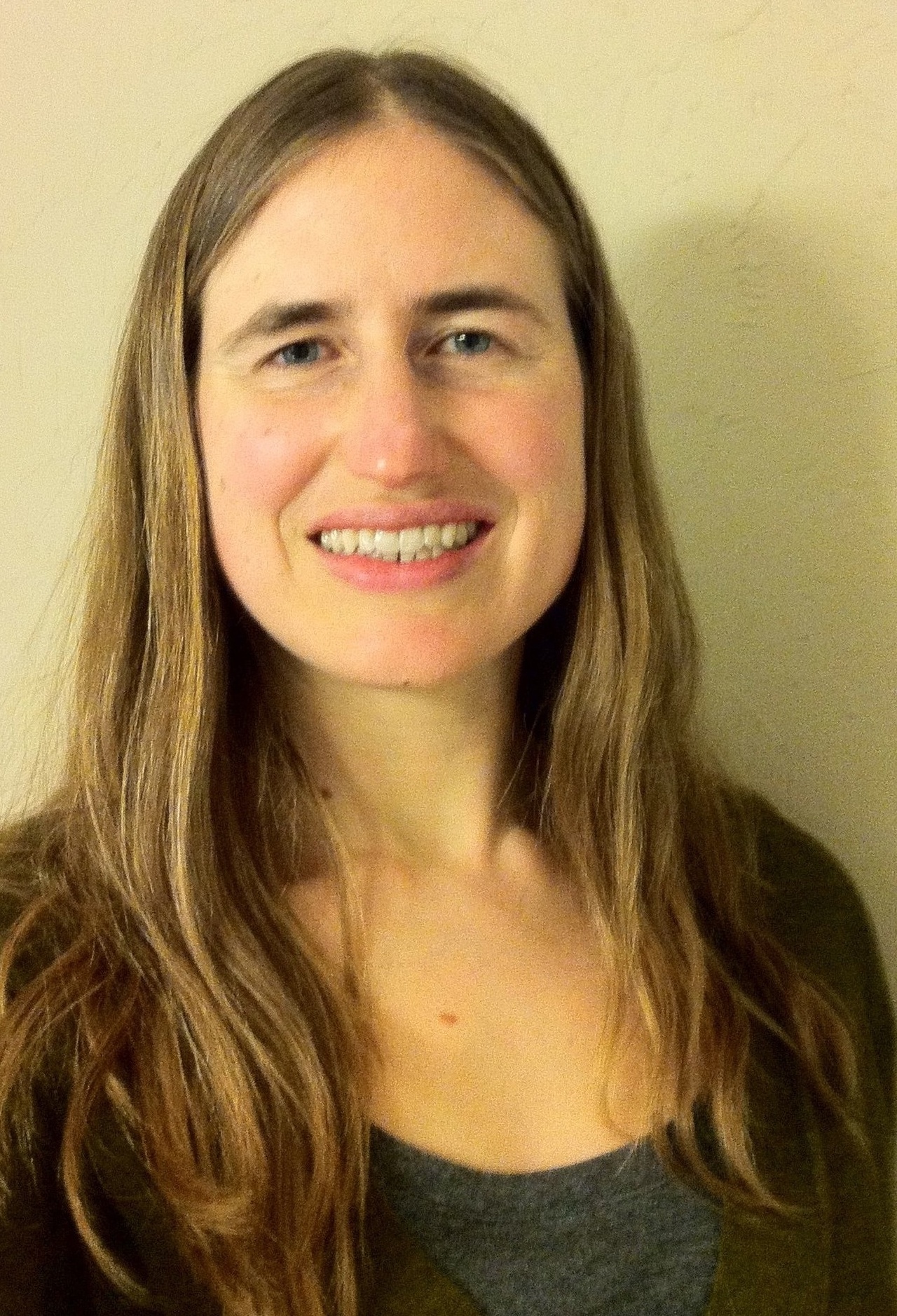 Video Video |
|
|
11:55AM - 12:10PM Professor - University of Southern California Title: Robots That Care: Socially Assistive Robotics and the (Near?) Future of Work and Care Abstract: The intellectual journey of the MIT PhD taught me that everyone who introspects feels like an imposter (so why let it get in the way?), that no problem is out of reach (so aim high), that we have a responsibility to aid the greater good (so choose carefully and humbly), and that true impact requires collaboration (so look for nerdy, quirky, original, amazing people like my AI Lab contemporaries). Learning that enabled me to question decisions (why do this at all?), pioneer (with another MIT PhD peer) the new human-centered field of Socially Assistive Robotics (that’s why! I will tell you about SAR in the talk), co-found a startup, engage in university leadership, and be an effective mentor. The MIT PhD experience pushes us to learn the lessons of knowing what matters and how to pursue it with courage and responsibility. Those lessons are especially important in AI now, as we are part of decisions and developments that impact society at large. |
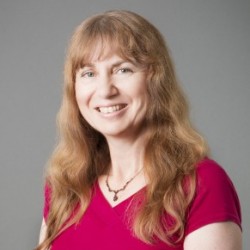 Video |
|
|
12:10PM - 12:25PM Co-founder and Technical Advisor - Everwell Title: Compiling Adventures in the Tropics Abstract: What is the role of computer scientists in advancing the UN Sustainable Development Goals? This talk will chronicle a pursuit of this question after graduating with a Ph.D. in programming languages and compilers. While low-income areas in the Global South often lack ubiquitous access to computing and connectivity, I will describe how a compiler writer's mindset can be useful in reimagining "computational" tools, including those made out of paper, plastic, and household devices. Moreover, drawing on experiences developing a national health platform that has supported over 31 million people across India and other countries, I will narrate how small research innovations can catalyze larger improvements in national health infrastructure. |
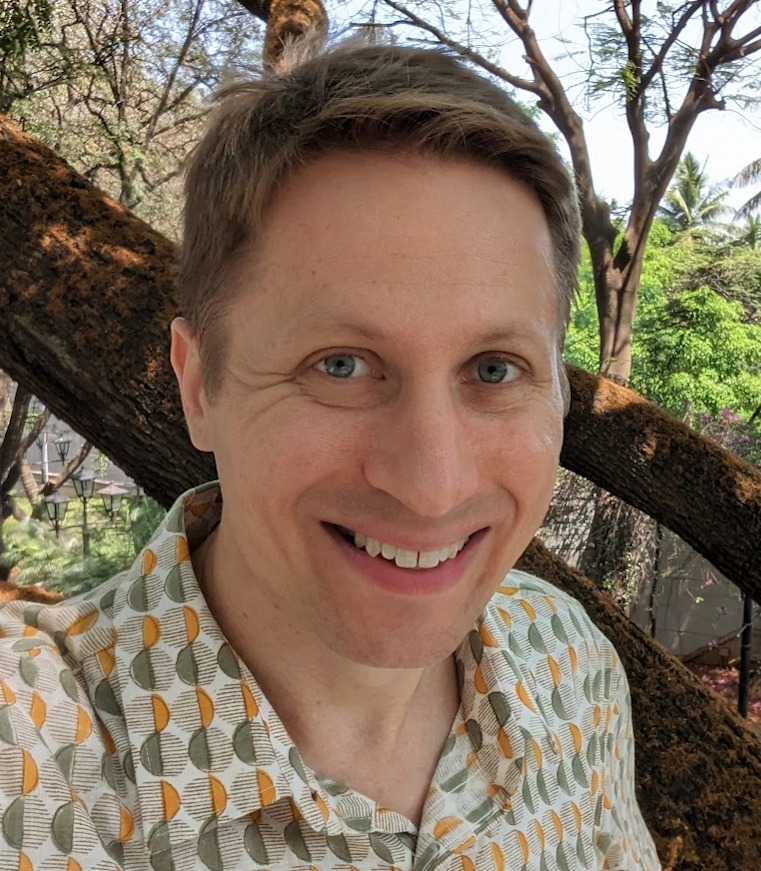 Video Video |
|
|
12:25PM - 12:40PM Q & A Panel |
Video |
Post-Lunch Session | 2:00PM - 3:20PM ET
|
2:05PM - 2:20PM Professor and Chair of the Department of Biomedical Informatics - Harvard Medical School Title: Redefining Medical AI: Constructing a New Framework Amidst Shared Delusions Abstract: In the earlier AI heyday of the 1980s, when I was undertaking graduate studies at the LCS, a considerable discrepancy emerged between the understanding of medical practitioners and computer scientists regarding the integration of AI into healthcare. A limited number of physicians comprehended the integral knowledge processing properties of medicine, while computer scientists largely neglected the importance of architectural and workflow infrastructure that could potentially revolutionize medical practice. This bifurcated vision led to a shared misconception about AI's role in medicine, leading to considerable implications for patients and healthcare professionals alike. |
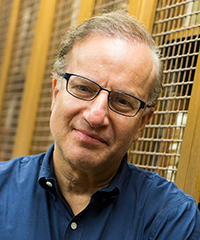 Video Video |
|
|
2:20PM - 2:35PM Assistant Professor - Caltech Title: Capturing our Dynamic Galactic Black Hole with Computational Imaging Abstract: At the heart of our Milky Way galaxy lies a supermassive black hole called Sagittarius A* that is evolving on the timescale of mere minutes. This talk will present the methods and procedures used to produce the first image of Sagittarius A* as well as discuss future directions we are taking to map its evolving environment in 3D. It has been theorized for decades that a black hole will leave a "shadow" on a background of hot gas. However, due to its small size, traditional imaging approaches require an Earth-sized radio telescope. In this talk, I discuss techniques we have developed to photograph the Sagittarius A* black hole using the Event Horizon Telescope, a network of telescopes scattered across the globe. Imaging Sagittarius A* proved especially challenging due to the time-variability that had to be accounted for. Although we have learned a lot from these images already, remaining scientific questions motivate us to improve this computational telescope to see black hole phenomena still invisible to us. This talk will then discuss how we are developing techniques that will allow us to extract the evolving structure of our own Milky Way's black hole over the course of a night in the future. In particular, we introduce Orbital Black Hole Tomography, which integrates known physics with a neural representation to map evolving flaring emission around the black hole in 3D. |
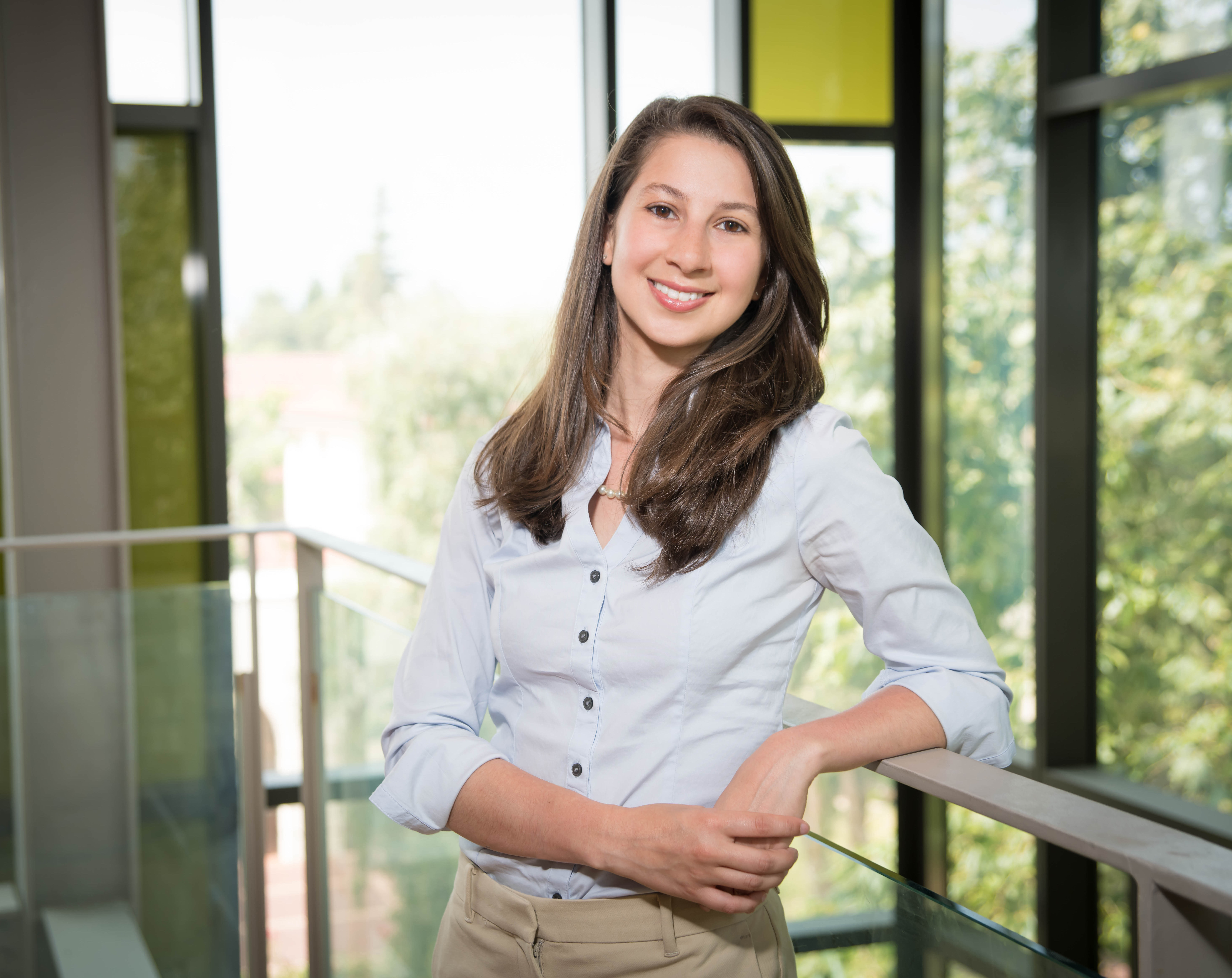 Video Video |
|
|
2:35PM - 2:50PM Founder and Executive Director - Boston Dynamics AI Institute Title: Making Robots Smarter Abstract: Robot hardware is getting better and better, their perception improves on almost a daily basis, and their physical skills are advancing by leaps and bounds. But robots are still almost as dumb as door knobs. If we can make robots smarter we can make them easier to use, safer around people, and much more productive. This talk will discuss our hopes for a future of smarter robots. |
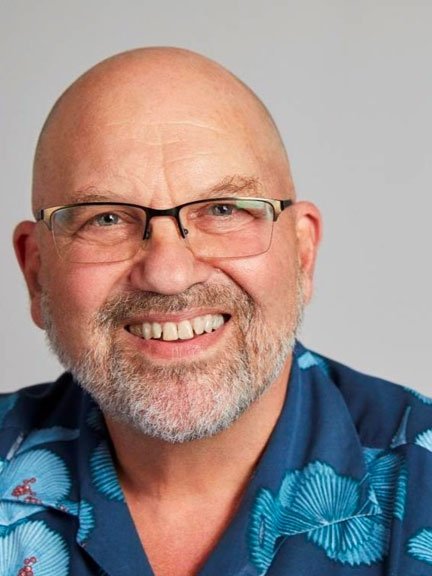 Video |
|
|
2:50PM - 3:05PM Professor - MIT CSAIL & EECS Title: Data-Driven AI-Powered Healthcare |
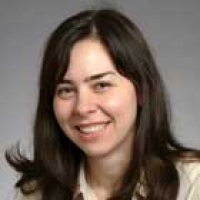 Video |
|
|
3:05PM - 3:15PM Video by Gil Pratt |
||
|
3:15PM - 3:30PM Q & A Panel |
Video |
Pre-Reception Session | 3:45PM - 5:30PM ET
|
3:50PM - 4:05PM Professor - CSAIL & MIT Mathematics, CEO and Co-Founder - Akamai Technologies Title: Akamai: Another Example of CSAIL Technology Innovation Improving Our Collective Existence Abstract: Akamai is a great example of CSAIL technology innovation improving our collective existence. In this session, Dr. Leighton will share stories of his entrepreneurial journey from CSAIL to co-founding Akamai during the wild dot-com boom (and subsequent bust). Learn how Akamai evolved from CSAIL to become the world’s largest and most distributed cloud platform, with leading solutions for content delivery, cybersecurity, and cloud computing. |
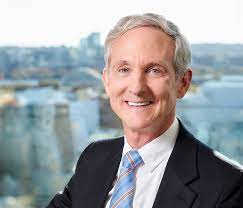 Video |
|
|
4:05PM - 4:20PM Professor - Harvard University Title: The Complexity of Differential Privacy Abstract: Differential privacy (DP) is a framework for ensuring that individual-level information is not disclosed when performing statistical analysis or machine learning on sensitive datasets about people. It emerged from the theoretical computer science literature in 2006, and has now seen large-scale adoption by tech companies and government agencies, including for the 2020 U.S. Decennial Census. I will describe the work from my group on DP in the first decade after its introduction, using tools from computational complexity and cryptography to develop the theoretical foundations of DP and delineate the limits of what is possible and impossible with DP. This work drew heavily on my MIT training in the interconnectedness of theoretical computer science, and in particular the bonds between computational complexity and cryptography developed by my advisor Shafi Goldwasser and her collaborators. |
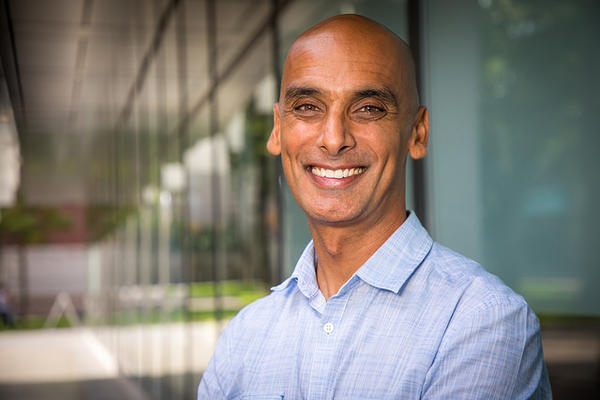 Video Video |
|
|
4:20PM - 4:35PM Associate Professor - Stanford University Title: Four Steps to the Apocalypse |
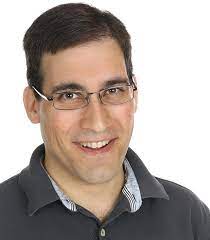 Video Video |
|
|
4:35PM - 4:50PM Professor - MIT CSAIL & EECS Title: The Moon Camera and the Corner Camera Abstract: For 15 years, I've been studying ways to use images of a |
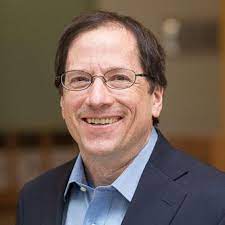 Video |
|
|
4:50PM - 5:05PM Professor Emeritus - MIT Title: Is the Future of Computing Computing? Abstract: What computation is, and where it applies, especially around both neuroscience and Artificial Intelligence, has been adopted as a social construction. I will talk about other non-computational processes and then ask whether we know that intelligence, as evidenced in humans and animals, is known to be a computational process or not, and at least try to convince you that it is a reasonable, if jarring, question. Whatever the answer turns out to be has strong implications on the future of AI, perhaps on all of computation. |
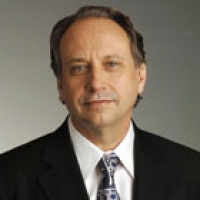 Video |
|
|
5:05PM - 5:25PM Q & A Panel |
Video |
Closing Remarks by Daniela Rus
Location: MIT Stata Center, 32-123 Kirsch Auditorium